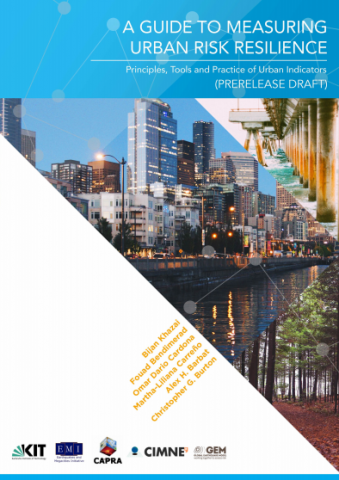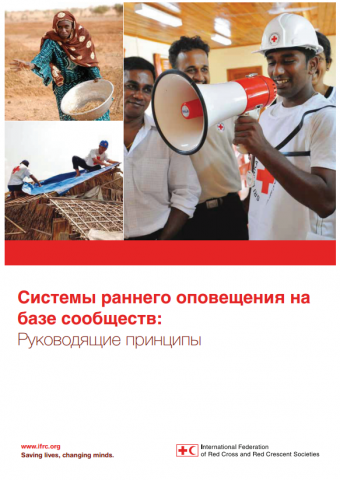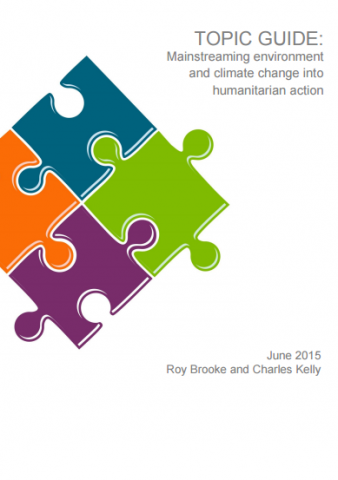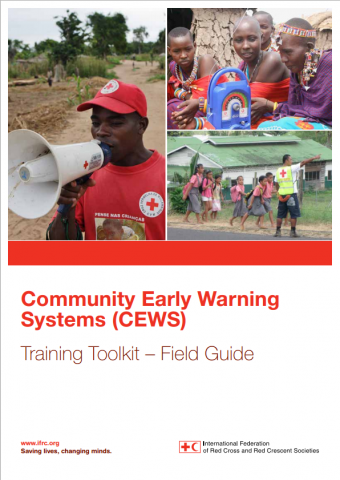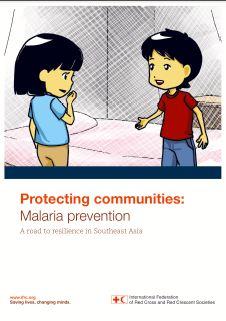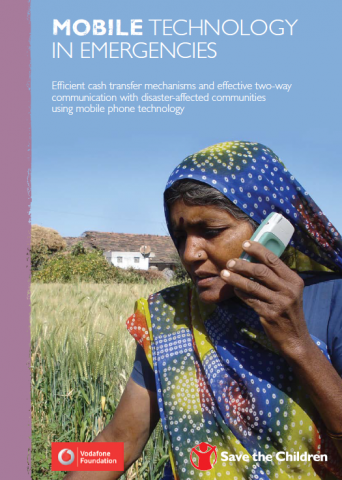DiDRR guidelines: early warning and accessible broadcasting
This guideline is designed to address the lack of appropriate information and practices on inclusive policies and practices on disaster preparedness, accessible early warnings, accessible transportation, and life safety and evacuation of persons with disabilities. It focuses on inclusive disaster risk reduction strategies, from working with the community of persons with disabilities, to the design […]
DiDRR guidelines: early warning and accessible broadcasting Read More »

